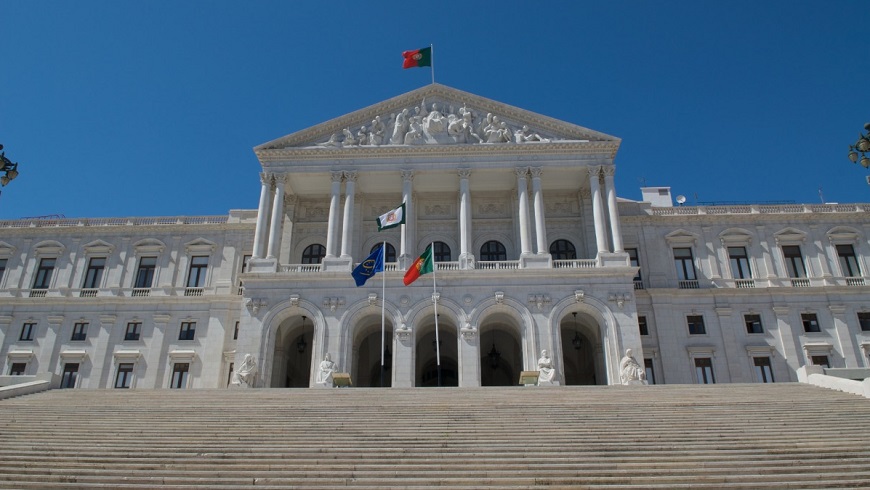The Council of Europe’s expert group on human trafficking, GRETA, has urged the Portuguese authorities to improve trafficking victims’ access to legal aid and to guarantee their effective access to compensation. These are among the main proposals for action included in the latest evaluation report of Portugal’s implementation of the Council of Europe’s anti-trafficking convention, published today by GRETA.
The report notes that the Portuguese authorities identified 1,152 presumed victims of trafficking in 2016-2020, the majority of whom were exploited in the agricultural sector. Portugal remains primarily a country of destination of trafficked persons, but it is also a country of origin and transit.
GRETA welcomes the further development of Portugal’s policy and institutional framework to address trafficking in human beings, including the adoption of the fourth National Anti-trafficking Action Plan, the setting up of a new National Referral Mechanism for children, and the increased number of multi-disciplinary teams for the support and protection of victims.
While welcoming the increase in investigations, prosecutions and convictions for human trafficking, GRETA is concerned that their number remains low compared to the number of identified victims and asks the authorities to take additional steps to ensure that human trafficking cases are investigated proactively, prosecuted and lead to effective sanctions.
GRETA urges once again the Portuguese authorities to introduce into law the non-punishment of victims of trafficking for offences they were compelled to commit, and to develop guidance to police officers and prosecutors on this provision.
The report also examines progress made in the implementation of some of GRETA´s previous recommendations. While welcoming the steps taken to prevent and combat trafficking for the purpose of labour exploitation, GRETA considers that the authorities should continue to adapt the legislative and operational framework in order to effectively prevent, detect and combat human trafficking in subcontracting companies.
Moreover, GRETA urges the Portuguese authorities to set up effective procedures for the identification of victims of trafficking among applicants for international protection.
While acknowledging that Portugal has increased its capacity to accommodate victims of trafficking over the years, GRETA encourages the authorities to ensure that adequate state funding is provided for the running of shelters.
Finally, GRETA urges the Portuguese authorities to ensure that victims of trafficking can benefit in practice and in a timely manner from the right to obtain a residence permit when their personal situation warrants it or when they are co-operating with the authorities in criminal investigations or proceedings.




